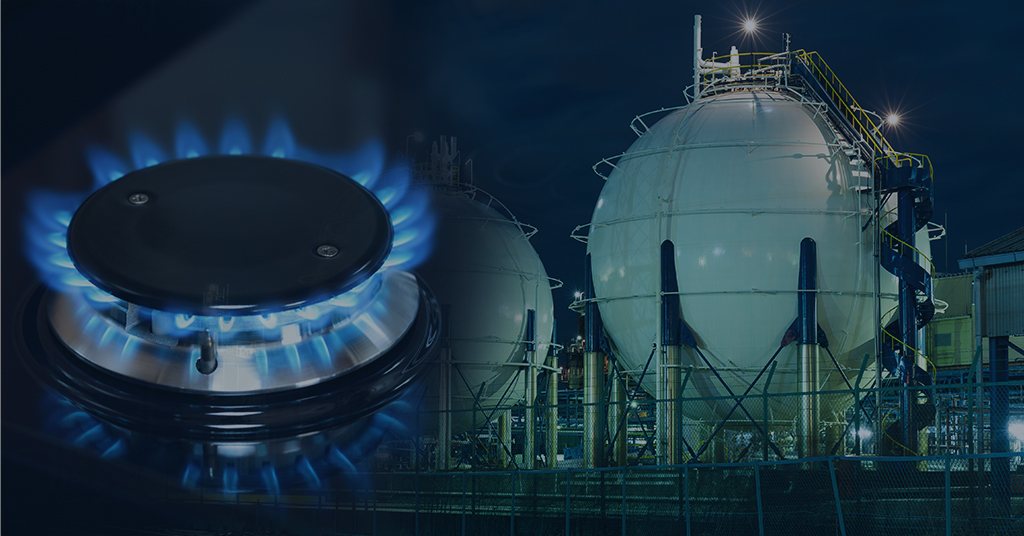Welcome To ChemAnalyst

FRANKFURT (Germany): On February 5th, the European Union will be taking another massive step towards cutting its energy ties with Russia by banning imports of Diesel fuel and other petroleum-based products manufactured in Russian refineries. This decision follows the previous embargo on coal and most oil from the nation.
The E.U.'s goal is to sever any last means of relying on Russian energy sources and prevent adding money to the Kremlin's war chest as the anniversary of their invasion of Ukraine draws near.
Despite this positive outcome, it may come with some concerning risks - Diesel prices have already skyrocketed since the war began back in February 24th and further increases in prices could affect the global economy significantly.
Most things we buy or consume are transported at some point by trucks, primarily powered by Diesel fuel. This is reflected in the cost of goods and services around the world leading to higher inflation, making life harder for people.
One way to reduce the impact of higher Diesel costs is for Europe to look for alternative sources outside of Russia. U.S. suppliers have already responded, boosting shipments from 34,000 barrels a day at the start of 2022 to an impressive 237,000 barrels per day thus far in January. If Europe can find reliable new sources, the effects on prices may be short-lived with only moderate impact.
Despite the June announcement of a ban on certain Russian exports, markets have had time to adjust. Last month, European imports of Russia Diesel saw an increase as countries seemed to be stocking up before the deadline.
Considering this, the Group of Seven major nations are now discussing imposing a new price cap on Russian Diesel going to other countries—like their prior actions regarding oil. This move would both allow more access to world markets while cutting back Moscow’s revenue.
There is a lot of speculation that the recent introduction of a cap on global Diesel flows could potentially have a sizable impact on global Diesel supply and demand. If the proposed cap works as advertised, the traditional supply chain for Diesel would have to be reorganized, with Europe looking for new suppliers and Russia having to find new customers. However, it's difficult to predict how this change might affect the market until the price point is set and whether Russia will retaliate by restricting shipments.
The global shipping market could be thrown into turmoil if the proposed cap on imports of Russian Diesel is not enacted, with analysts warning of potentially severe price spikes that come with a longer journey for tankers. Fortunately, there are some sources of relief: new refineries in Kuwait and Saudi Arabia will open later this year while Oman's refinery is set to launch in 2024. This means that even if the cap is not enforced, supply and demand should balance each other out in the long run.
Russia has imposed a price cap on its Crude oil, barring Western companies that largely control shipping services from handling Russian Crude priced above $60 a barrel. This has had the effect of driving down global demand for the commodity and forcing Russia to sell at steep discounts to customers in countries such as China, India, and beyond. As a result, the Kremlin's revenues have suffered due to the loss in value from these sales.
Last week, the price of Diesel rose to over $1,000 a ton from early December's rate of $800 a ton. This was largely driven by more expensive Crude oil and is currently over $40 per barrel higher than the price of Crude used for production.
The cause of this latest surge came in late December when a storm caused disruption at refineries across the United States. This has subsequently had a major impact on inflation in Europe, sapping consumer spending power and restraining economic growth.
The price of Diesel fuel at the pump has been highly volatile in the past year - ranging from 1.66 euros per liter ($6.43 a gallon) to an unprecedented 2.14 euros per liter ($8.29 a gallon).
This rise in volatility is being attributed, in part, to uncertainty about when China's COVID-19 restrictions will be eased, and the world's second-largest economy gradually recovers. Currently, Chinese refineries have been able to ramp up exports due to reduced demand for domestic fuel consumption.
However, if travel picks up in China again soon, that excess supply of Diesel could quickly evaporate as competition for fuel increases which would undoubtedly raise prices yet again.
We use cookies to deliver the best possible experience on our website. To learn more, visit our Privacy Policy. By continuing to use this site or by closing this box, you consent to our use of cookies. More info.
